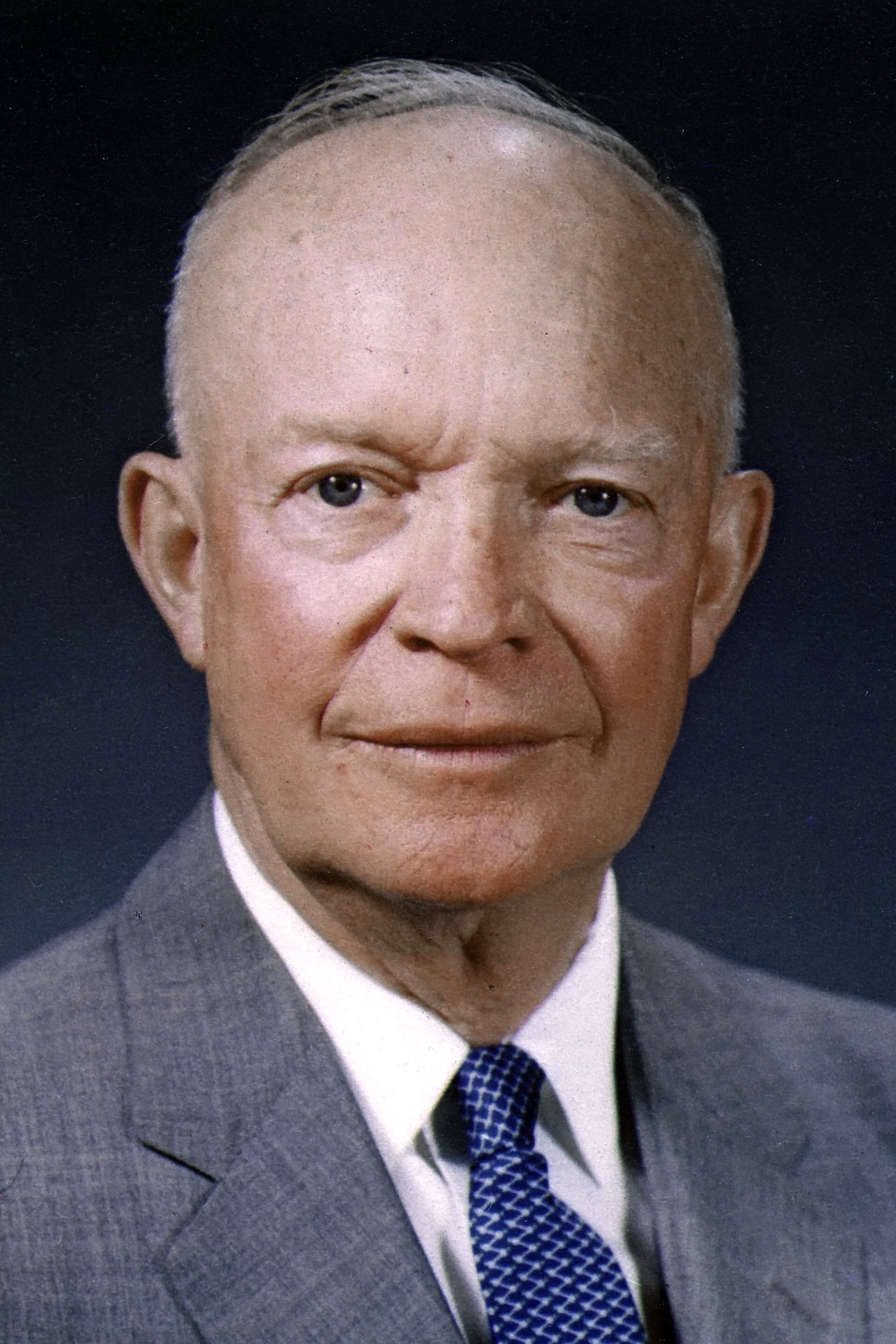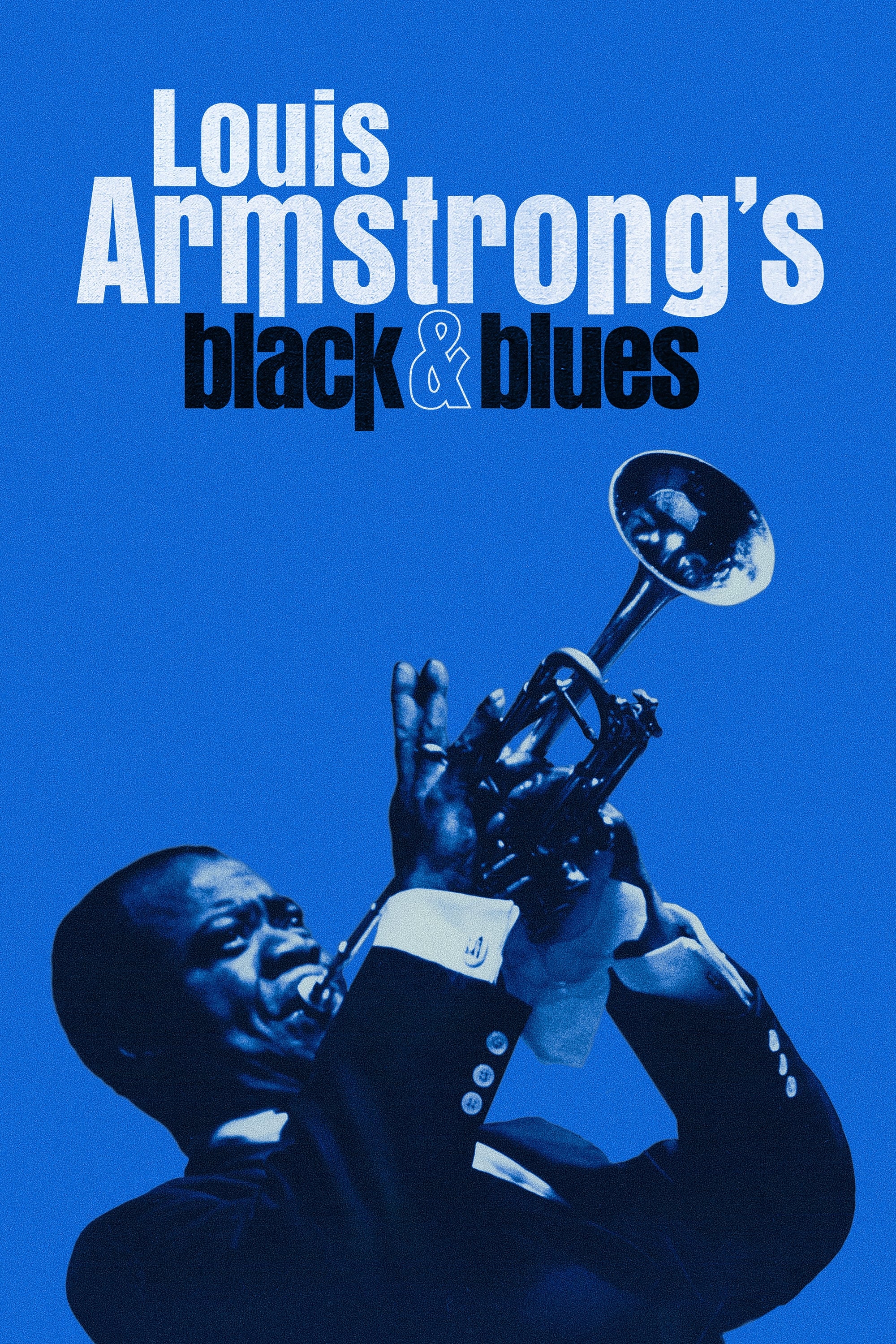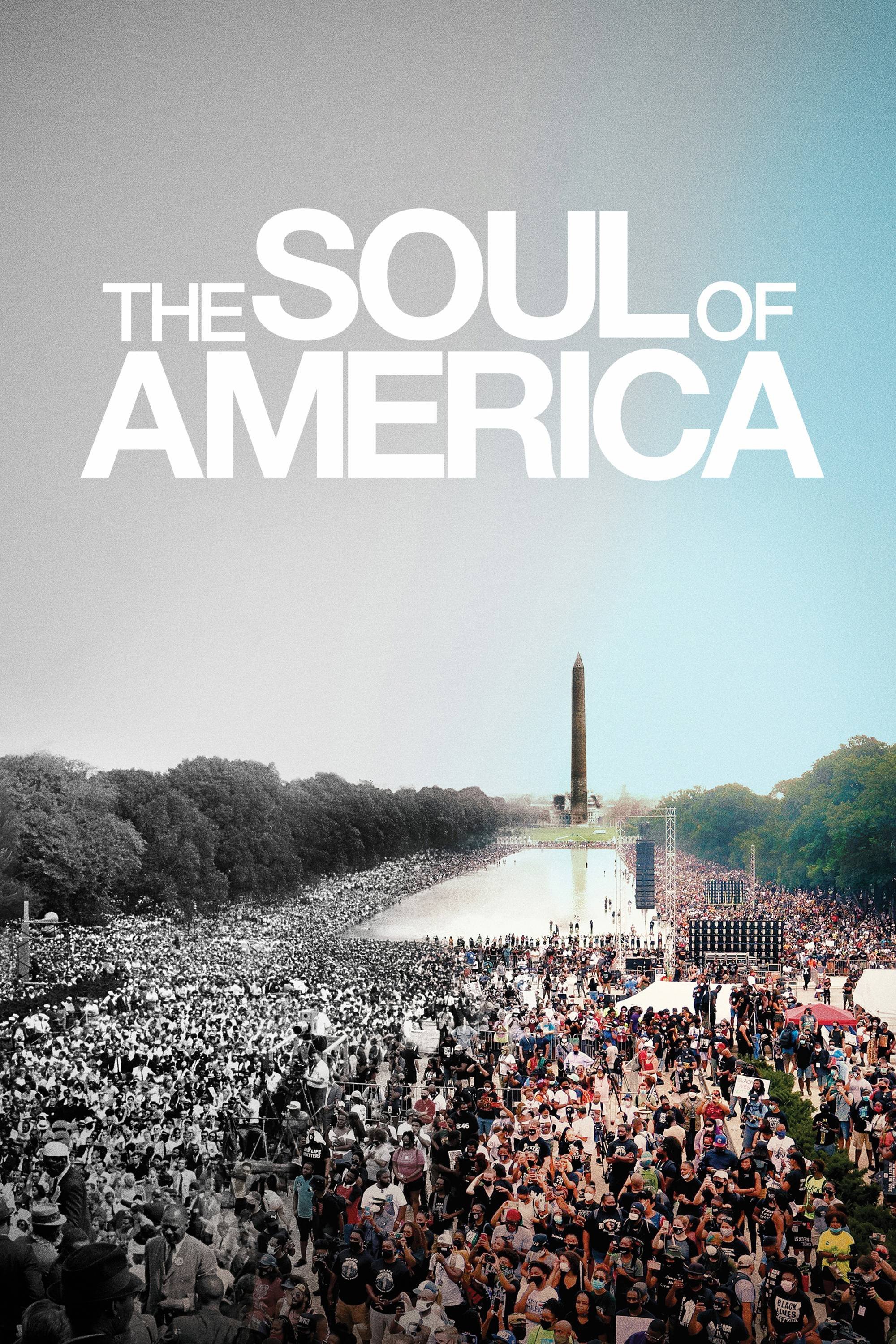

Dwight David Eisenhower (pronounced [ˈaɪzənhaʊər]) (October 14, 1890 - March 28, 1969), nicknamed "Ike", was the 34th President of the United States, during two terms from January 20, 1953 to January 20, 1961. During World War II, he is General of the Army and Commander-in-Chief of the Allied Forces in Europe. He is a member of the Republican Party. He was Chief of the General Staff of the Armed Forces of the United States from 1945 to 1948 and Supreme Commander of the Allied Forces in Europe from April 2, 1951 to May 30, 1952. As President of the United States, he oversaw the ceasefire - fire in Korea, launched the space race, developed the network of interstate highways and made the development of nuclear weapons one of its priorities in the context of the cold war with the USSR.

Jazz and decolonization are intertwined in a powerful narrative that...

Declassified documents from the Cold War shine light into the...

In 1945, two young American soldiers, brothers Budd and Stuart...

An intimate and revealing look at the world-changing musician, presented...

Camp Confidential: America's Secret Nazis, is a documentary short featuring...

Writer, journalist, Pulitzer Prize-winning historian and presidential biographer John Meacham...